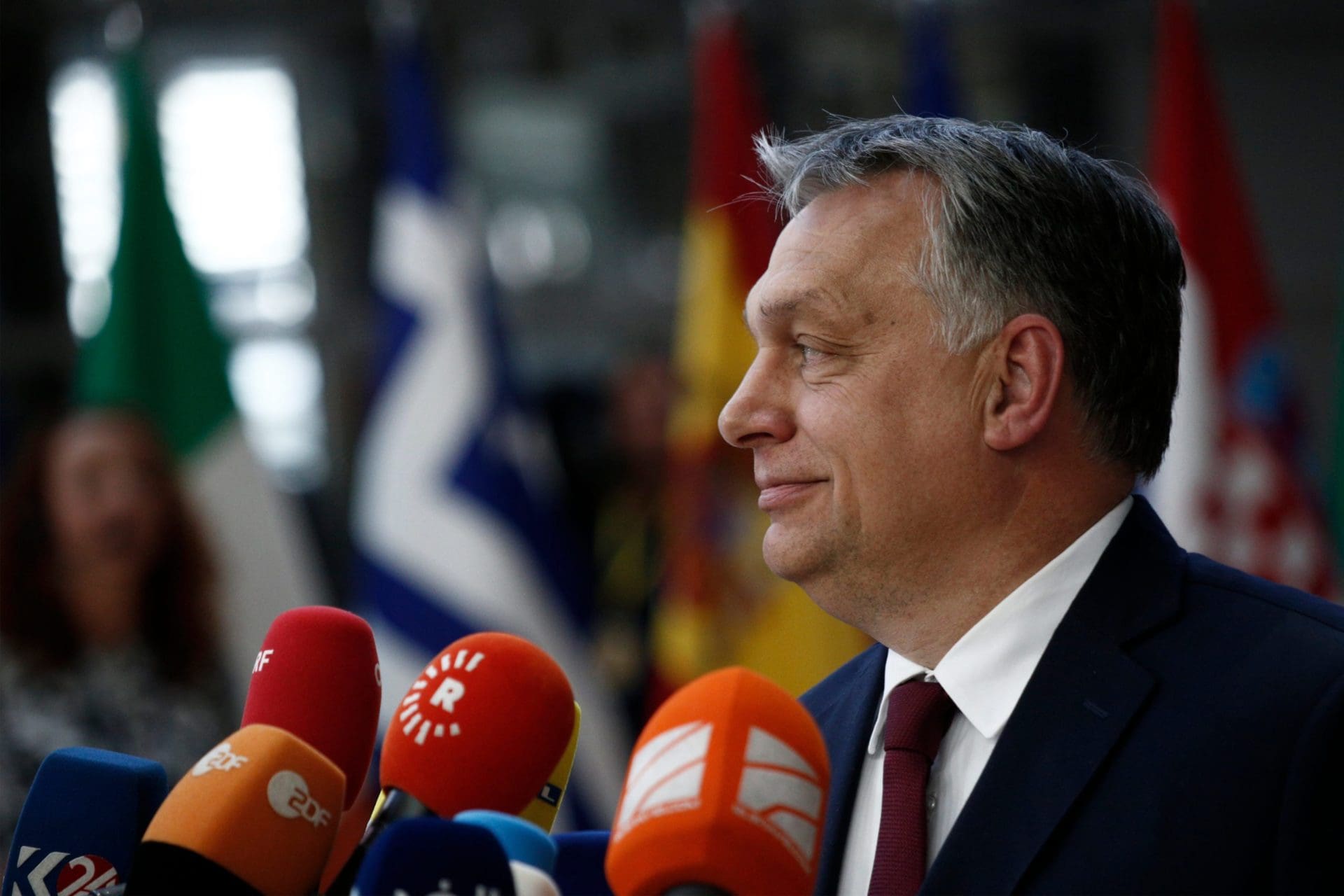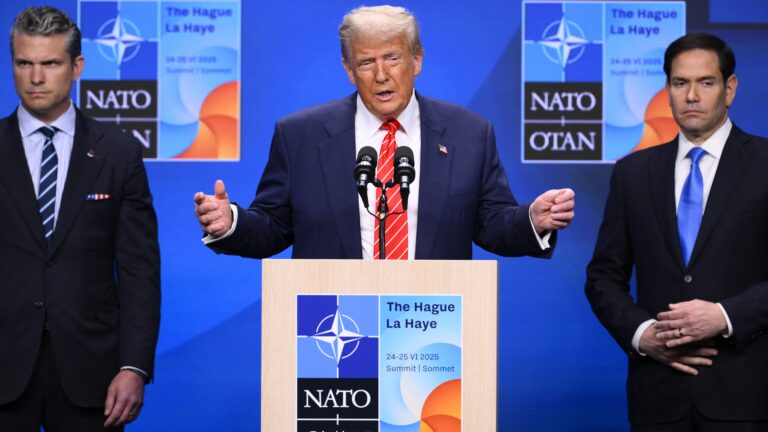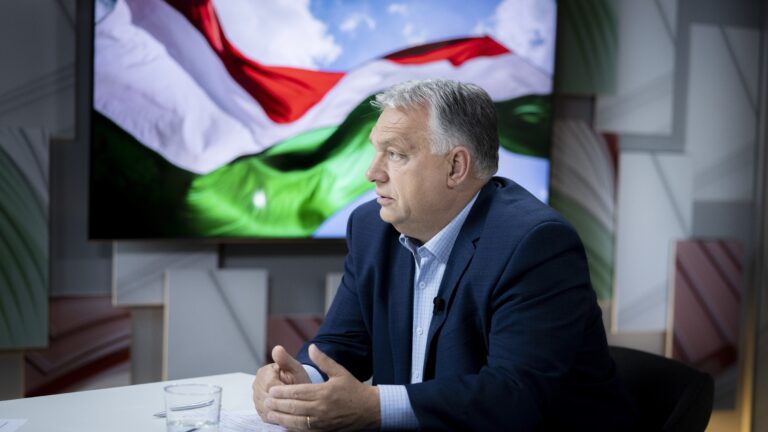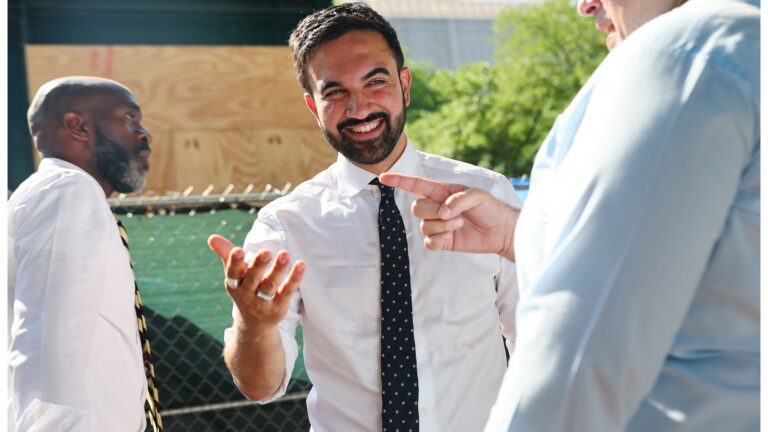For years now large swaths of western politicians and most of the mainstream media have constantly chided Viktor Orbán’s personal integrity in his role as Hungarian Prime Minister. He has been labelled[1] by some as an authoritarian dictator; US President Joe Biden went so far as to classify him a “totalitarian thug”[2]—something he has not said of the Chinese Communist Xi Jinping or the Ayatollah in Iran. And just prior to the elections in April, Orbán was pronounced a traitor by Ukrainian President Volodymyr Zelensky over his refusal to deploy Hungarian military resources in defence of Ukraine.
Last April, notwithstanding concentrated efforts to depose the incumbent Prime Minister and to reshape Hungary’s government, the Fidesz-KDNP Party won a landslide victory in the parliamentary elections, ensuring Orbán another four years in office. And despite a two-thirds majority win against a six-party coalition, few in the European Union offered their congratulations.
In fact, just two days after Orbán and his Fidesz-KDNP won, the European Commission launched a new rule of law disciplinary procedure for the first time against Hungary, designed to deprive Hungarians of EU—a total of €40 billion. The President of the European Commission, Ursula von der Leyen, told[3] the European Parliament that Budapest had been informed of the decision and ‘we will now send the letter of formal notification to start the conditionality mechanism.’
The EU’s Sanctimonious Principles
A major accusation by Brussels against the Hungarian government is that it represents everything a liberal democracy should not be—in philosophical terms, a liberal democracy is a form of government in which elected representatives, under free and fair elections, are to uphold constitutional rights, such as the right to life, property, freedom of speech and religion.
Although the referendum turned out to be invalid, more than 98 per cent of those who cast valid votes answered no
Orbán instigated ire when in 2016, he put to a referendum vote the following question: ‘Do you agree that the European Union should be able to prescribe the mandatory settlement of non-Hungarian citizens in Hungary without the consent of Parliament?’ Although the referendum turned out to be invalid, more than 98 per cent of those who cast valid votes answered no. Eventually, Orbán refused to cede to the EU’s mandate that Hungary, as a member of the EU, should take in questionable individuals from Islamic countries. Unlike other European countries like Austria, France, and Germany, Hungary has not had to deal with Islamic terrorism at home.
The most recent attacks against the Prime Minister stem from a 2021 interview. When asked about the “building of an illiberal country,” Orbán said[4] that the concept of liberal democracy had ceased to exist and had been replaced by ‘liberal non-democracy, [which] includes liberalism, but doesn’t include democracy.’
If we interpret his words correctly, it is obvious that with these remarks Orbán was not directly attacking liberal democracy as such, but rather wanted to show how today’s liberal democracies have been usurped and politicised by progressives, who in their strive for a hegemony of opinion, weaponize political correctness by ‘stigmatising conservatives and Christian Democrats, and sidelining them. ’ Subsequently, they have foisted upon their citizenry unnatural policies, such[5] as the LGTBQ+ programmes, as political rights to be accepted by everyone.
As Zoltán Kovács, who currently serves as Secretary of State for International Communication and Relations explains[6]:
‘In recent years, as US engagement in central and eastern Europe has waned, political interests have hijacked the democracy-promotion agenda. In the name of democracy promotion, groups directly funded by the Hungarian American billionaire George Soros or closely affiliated with his Open Society Foundations promote an ideologically driven agenda, These groups carry out work that has no democratic mandate and no relevance to a clear US national interest. ’
This anti-democratic approach is salient, for example, in the EU Parliament. Its members, who are elected by just barely over 50 per cent of the European populace, are not permitted to propose legislation. They can only vote on bills presented by the Commission—the executive branch that is unelected—which operates under 27 members headed by a president. The Commission’s unrelenting modus operandi has been able to pass thousands of regulations without the consent of national legislatures.
The latest such regulation was the proposal for all EU member states to phase out imports of Russian crude oil, which would ultimately cripple Hungary’s economy. Replacing Russian oil imports would take years and cost several hundreds of millions of forints, while changes to Hungary’s energy transmission system would cost thousands of billions of forints. The investments to make those changes would take up to five years. While the EU has allocated money to fund the developments, ‘they are yet to give us that money, and we cannot start the works until that arrives, ’ unless Hungary takes out loans form the market to cover the costs, Orbán said.[7]
Why of all Countries is Hungary being Targeted?
The criticism that Hungary under Viktor Orbán is altogether against the principles of democracy is beyond sanctimonious.
As highlighted[8] by senior editor of The American Conservative, Matt Purple:
‘The real mantra in the EU is not “liberal democracy,” but “ever-closer union ” one of the superstate’s foundational principles whereby more and more power is supposed to be taken away from peoples and national governments and handed to Brussels. Democracy is thus not an end to itself but useful only insofar as it consolidates authority.’
There are two obvious reasons for such contempt against Hungary. The first is because of Orbán’s constancy in defending his country against the EU’s imperialist schemes, such as the LGTBQ+ and other parallel agendas, that undermine the legitimacy of the institution of the family.
It is not as if Hungary mandates prison for people identifying as LGBTQ+, let alone condemn them to death, as is the practice in Islamic countries
Hungary, in 2020, sided with natural biology, i.e., the natural law by upholding marriage as exclusively between a man and a woman, while simultaneously enacting a law that censors LGBTQ+ content in films, books, television, and advertisements, as well as preventing schools from teaching materials that encourage children to enter the LGBTQ+ spectrum. To be clear—it is not as if Hungary mandates prison for people identifying as LGBTQ+, let alone condemn them to death, as is the practice in Islamic countries.
The second reason is that Hungary, whose Constitution “recognise[s] the role of Christianity in preserving [the country]’, is being looked upon as not the remnant of Christianity in Europe, but as the renaissance of Christian faith. Hence, in his victory speech, Orbán said:
‘The entire world can see that our brand of Christian democratic, conservative, patriotic politics has won. We are sending Europe a message that this is not the past—this is the future.’
Those wishing to see a fully secularised European Union and who seek to ultimately undermine religion cannot help but tremble now that Hungarians overwhelmingly gave Viktor Orbán a mandate to safeguard and promote Christian democracy.
[1] Isaac Chotiner, ‘Why conservatives around the world have embraced Hungary’s Viktor Orbán,’ newyorker.com, (10 August 2021), Why Conservatives Around the World Have Embraced Hungary’s Viktor Orbán | The New Yorker, accessed 7 May 2022.
[2] Selvin Duke, ‘Hungary’s Nationalist Leader Orbán Interviewed by Tucker. Is He the “Thug” Biden Claims?,’ thenewamerican.com, (6 August 2021), Hungary’s Nationalist Leader Orbán Interviewed by Tucker. Is He the “Thug” Biden Claims? – The New American, accessed 7 May 2022.
[3] MNI, Hungary: ‘VdL: Rule of Law Proceedings Against Hungary Can Start, Risks EU Funds,’ (5 April 2022), marketnews.com, VdL: Rule Of Law Proceedings Against Hungary Can Start, Risks EU Funds – Bonds & Currency News | Market News, accessed 8 May 2022.
[4] Daily News Hungary, ‘Orbán: Liberal democracy has become ‘liberal non-democracy’, (5 June 2021), dailynewshungary.com, https://dailynewshungary.com/orban-liberal-democracy-has-become-liberal-non-democracy/dailynewshungary.com, Orbán: Liberal democracy has become ‘liberal non-democracy’ – Daily News Hungary, accessed 7 May 2022.
[5] Open Society Foundations, ‘Access to Health Care for LGBT People in Kyrgyzstan,’ (July 2007), opensocietyfoundations.org, Access to Health Care for LGBT People in Kyrgyzstan – Open Society Foundations, accessed 8 May 2022.
[6] Zoltán Kovács, ‘How Democratic is Hungary?,’ Foreign Affairs, (September/October 2019), foreignaffairs.com, How Democratic Is Hungary? | Foreign Affairs, accessed 9 May 2022.
[7] MTI-Hungary Today, ‘Orbán: EU’s Planned Sanctions on Russian Oil Imports ‘Like Nuclear Bomb’,’ (6 May 2022), Hungary Today, Orbán: EU’s Planned Sanctions on Russian Oil Imports ‘Like Nuclear Bomb’ (hungarytoday.hu), accessed 6 May 2022.
[8] Matt Purple, ‘Orban Isn’t The One With A Democracy Problem,’ (7 August 2021), The American Conservative, www.theamericanconservative.com/articles/orban-isnt-the-one-with-a-democracy-problem/, accessed 7 May 2022.








